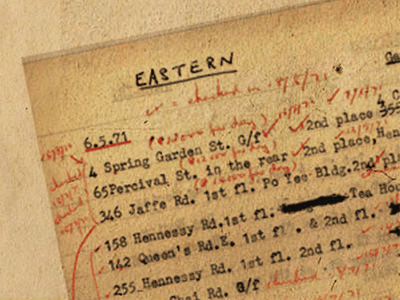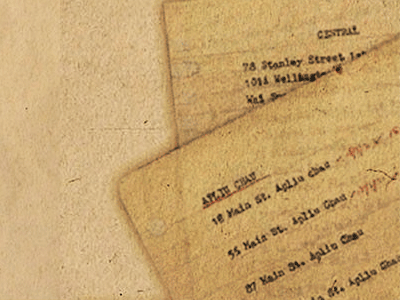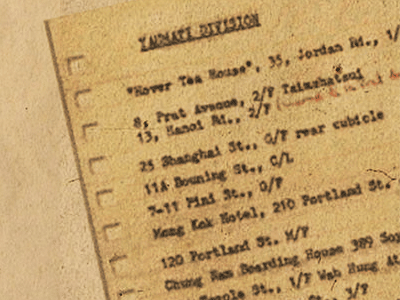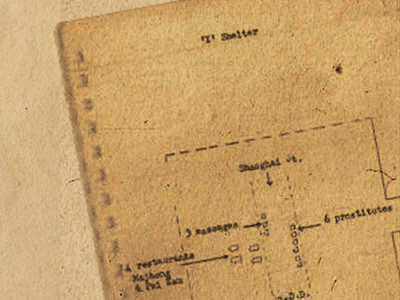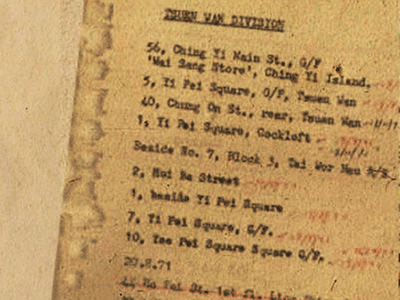The Journey to Justice
With these witnesses and mounting material evidence, investigators started to prepare for
Godber’s extradition. Godber fought against being returned to Hong Kong to face trial,
denying that he had committed the alleged offences. After several hearings, the ICAC finally
won the case and obtained an extradition order from the London court, ending an eight-month
court battle.
With the London court order, Godber was taken aboard a plane and escorted back to Hong Kong
on January 7, 1975 under exceptionally tight security. He was ordered to face trial at the
Victoria District Court on February 17. The Government, for the first time, appointed a
leading counsel from UK to act as the prosecutor in the trial - demonstrating the importance
being attached to this case and the Government’s determination to combat corruption.
Godber was charged with one count of conspiracy and one count of accepting a bribe. Convicted
in the six-and-a-half-day trial, Godber was sentenced to four years’ imprisonment - and the
HK$25,000 he took as a bribe was ordered to be confiscated.
Ti-liang Yang, who was the presiding judge in the Godber case, said, “In this case, the
maximum jail terms for the two offences Godber committed were five and seven years,
respectively. When meting out the sentence, consideration was given to the year he had
already spent in prison in England, so the actual prison term imposed on Godber was quite
close to the maximum penalty.” Godber appealed against the sentence to the Full Court of the
Supreme Court in Hong Kong and subsequently to the Privy Council in London but both appeals
were dismissed, landing the once prominent figure in the Police Force in jail to pay a high
price for his corrupt deeds.
The ICAC later filed a writ to try to recover, through civil proceedings, the $4 million in
assets suspected to be corrupt income. Despite difficulties encountered in seizing assets
spread across several continents, the ICAC still has not given up the hunt for those missing
millions.
